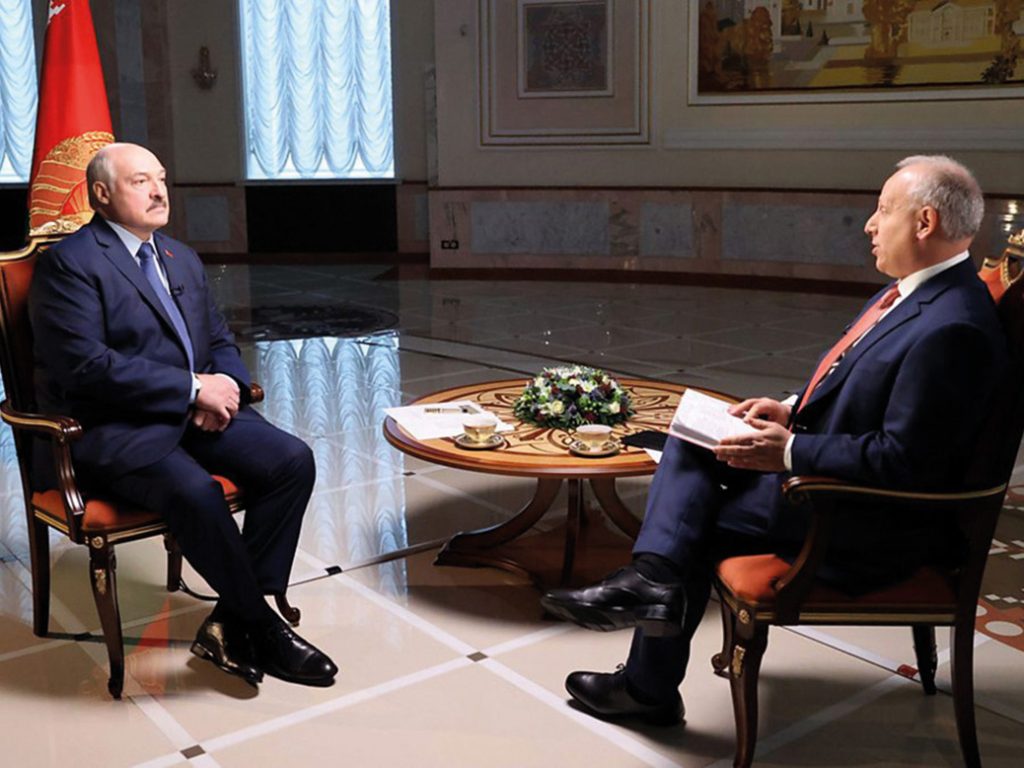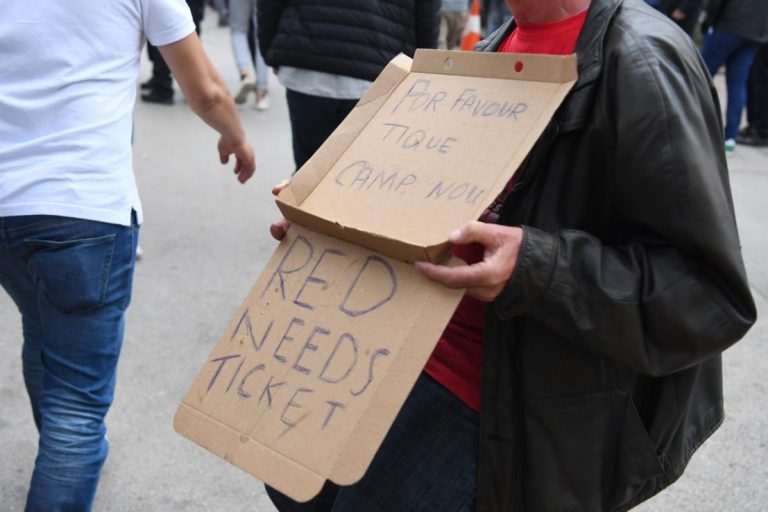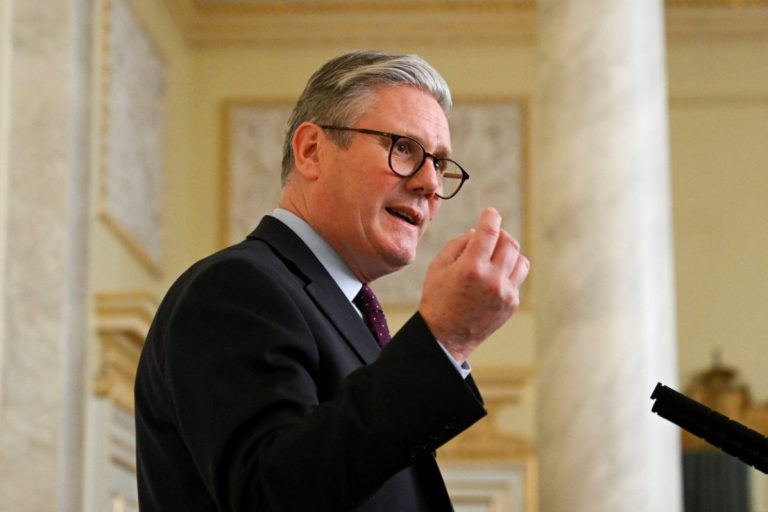
Steve Rosenberg: The Last Man in Moscow
As the only BBC journalist left in Moscow, Steve Rosenberg stands as a beacon of perseverance in a place where tensions run high and trust in foreign media is scant. An emblematic figure in journalism, Rosenberg has had a career that spans from the tumultuous 1990s in Russia to the present day, where the geopolitical landscape is fraught with uncertainty.
Rosenberg’s journey began back in 1991 when he moved to Moscow at 23 to teach English. His passion for Russia, fueled by a fascination that started with the 1974 Eurovision Song Contest, led him to a longstanding career in the field of journalism. Since 1997, when he joined the BBC, Rosenberg’s reporting has shed light on Russia’s evolving political climate, providing the world with an inside look at one of the most enigmatic countries on the globe.
A Day in the Life of Rosenberg
Rosenberg’s daily routine is anything but ordinary. With the responsibility of being the BBC’s sole presence in Moscow, he finds himself in constant motion, balancing radio broadcasts with television news segments. His commitment to reporting is matched only by his passion for music, often finding solace in his piano, which accompanies him during moments of respite from his demanding schedule. This blend of work and personal passion paints a picture of a man who approaches life with vigor and determination.
Challenges and Resilience
The delicate dance of a journalist in Russia isn’t without its perils. Reporters face increased scrutiny, with many being blacklisted or expelled. Rosenberg is acutely aware of these risks, having witnessed his colleagues facing such fates. Yet, he remains undeterred, viewing his role not merely as a job but as an obligation to portray the genuine inner workings of Russian society and politics to the world.
Rosenberg’s interactions with Russian leadership, particularly Vladimir Putin, offer a fascinating insight into power dynamics. His questions to Putin are meticulously crafted, each word chosen with precision. These exchanges are not just about seeking answers but are a testament to the freedom and adaptability that journalists like Rosenberg must employ to navigate challenging political terrains.
The Loneliness of the Last Man Standing
Being the lone foreign correspondent in Moscow comes with its own set of tribulations. As colleagues relocate and the number of foreign journalists dwindles, Rosenberg’s sense of isolation grows. His reality is stark, as he operates on three-month tourist visas, a testament to the constantly shifting ground on which he reports.
Despite the solitude, Rosenberg’s interaction with locals reveals a city that remains vibrant amidst political strife. He finds comfort in everyday exchanges with Moscow’s residents, people who express their discontent with the current state of affairs and harbor a desire for peace. These shared sentiments stand in contrast to the official narratives that saturate Russian media.
A Legacy of Understanding
Rosenberg’s perspective as a journalist offers a nuanced view of Russian life and politics. His background, intertwined with Russian history through familial ties, adds layers to his reporting, providing depth and empathy to the narratives he crafts. His ability to convey the complexities of Russia’s political landscape makes him a witness to the undulating tides of history.
Steve Rosenberg may be the last man in Moscow when it comes to broadcasting for the BBC, but his reports resonate far beyond Russian borders, enriching global understanding. His dedication to truth, even in the face of adversity, highlights the essential role of journalism in bridging gaps and fostering connections between different worlds.



